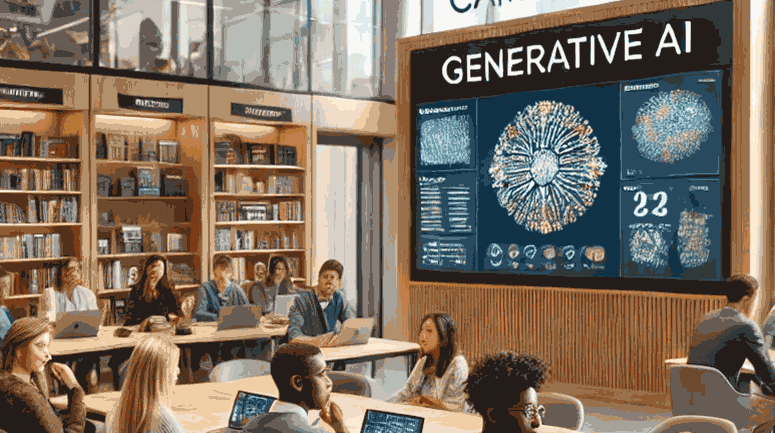Course summary
The course is aimed at educational practitioners across a range of professions who wish to draw on research-based evidence to transform their practice. The course offers independent 30-credit professional practitioner development modules on specialist topics of study to facilitate transformative educational practice.
Online delivery
For academic year 2024-25 the PPD Transforming Practice modules will be taught entirely online.
The course is designed to fit around full-time work, with teaching sessions taking place in the early evenings (UK time) and on occasional Saturdays.
Aims of the course
The course aims to strengthen:
Entry requirements and how to apply
Please see the PPD Admissions page for further information and the link to the application form.
The application deadline for the Multimodal Pupil Voice and Neurodiversity in Educational Settings modules is 30 March 2025.
Fees
£1675 (Home) or £4520 (Overseas, including EU) per 30-credit module for 2024-25. Fees will be subject to an annual increase.
Modules
Modules available in 2024-25:
- An Introduction to Generative AI for Human-Centred Integration and Organisational Literacy (January to March 2025)
- Multimodal Pupil Voice: practical tools for improved student legibility (April-June 2025)
- Neurodiversity in Educational Settings (April-June 2025)
The following modules were offered in 2020-21, 2021-22 and 2022-23:
- Neurodiversity in Educational Settings (April-June 2024)
- Museum Learning (April-June 2023)
- Leadership for Learning with Dialogue (January-March 2023)
- Dialogue in Education (October-December 2020 and April-June 2022)
- Learning without Limits (January-March 2021)
- Art, Nature and Wellbeing (April-June 2021)
- Transforming Conflict in Educational Settings (October-December 2021 and October-December 2023)
- Designing Learning with Digital Technologies (January-March 2022)
Read more information about these modules.
Supervision
Students will be assigned a supervisor and be entitled to two hours of supervision per module.
Feedback
Throughout the programme, written work is submitted, and detailed feedback is provided. Informally, feedback is also provided through supervisions.
Any course queries should be directed to ppd@educ.cam.ac.uk.




